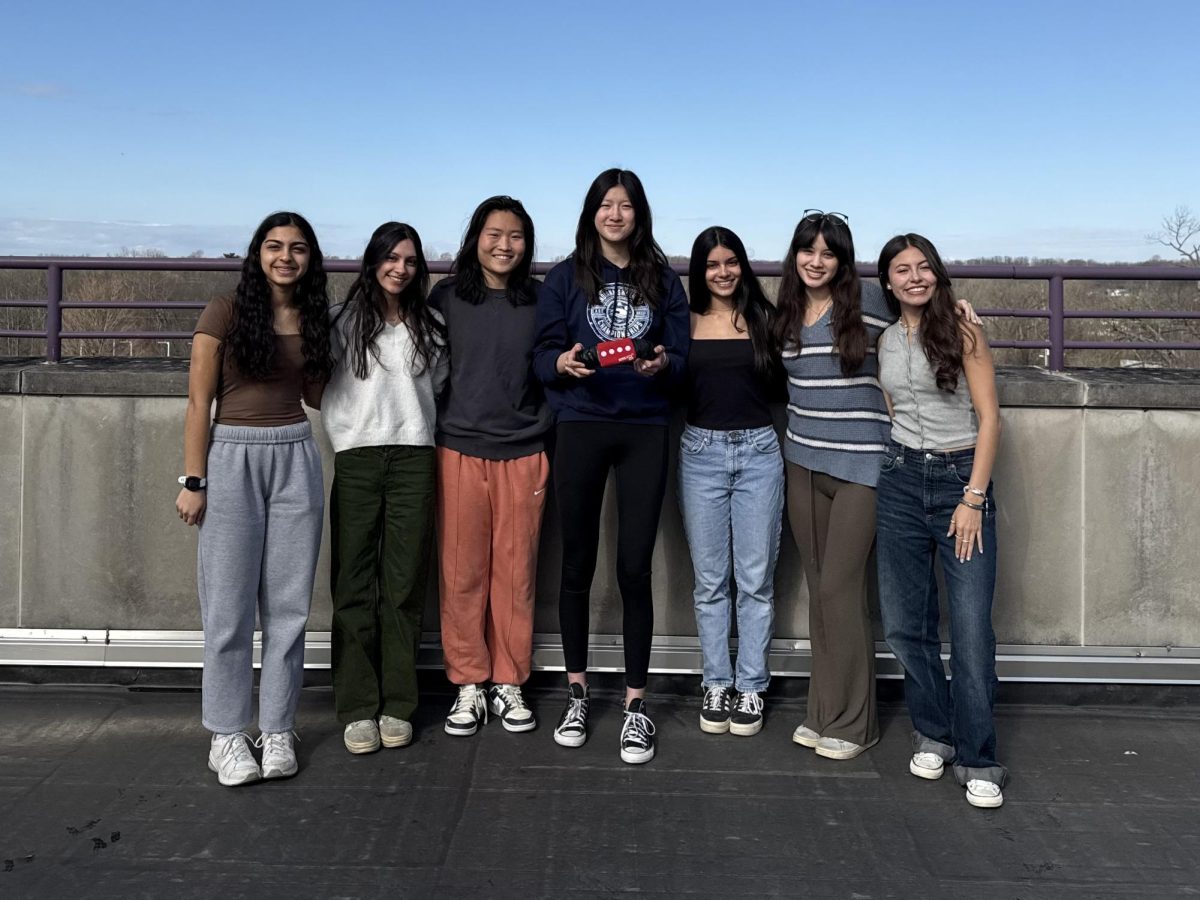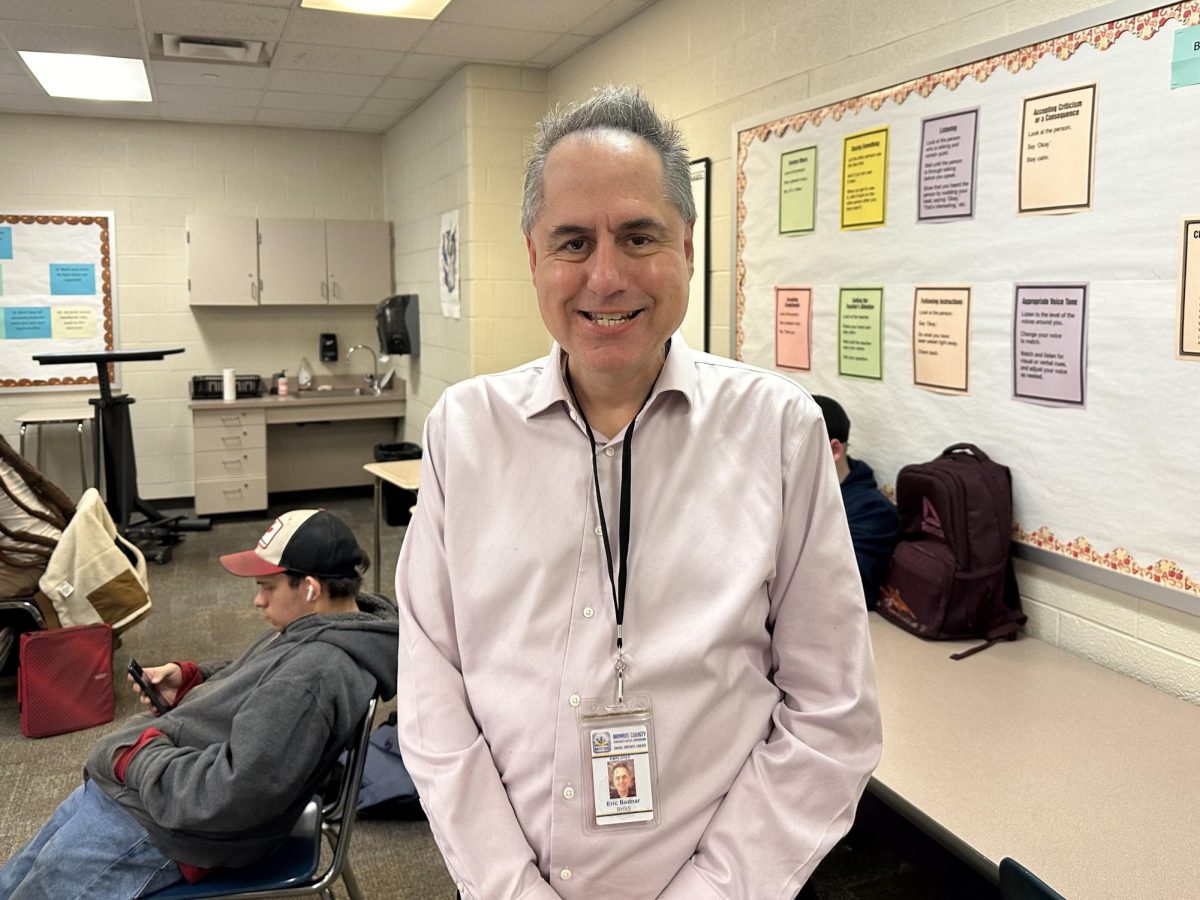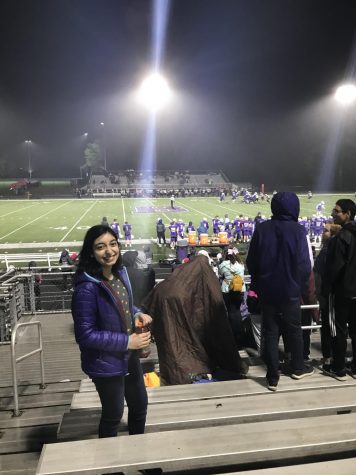Thinking about the word “psychology” probably conjures up the same image for everyone: a middle-aged woman sitting in a chair with a notepad while someone else is laying on a couch revealing their deepest and most personal secrets. Despite this very popular imagery, the practice of good mental health can take place in other areas besides a therapist’s office; one such place is your SRT classroom. Starting in the 2019-2020 school year, South will have two SRT periods per week: one on Monday, and one on Friday. Both periods will be dedicated to normal SRT business, but Friday will have a little something extra: Social and Emotional Learning, or SEL.
The SEL program is an initiative from the MCCSC to address issues relevant to children and teenagers, more specifically life skills in relation to mental and emotional health. SEL originates from CASEL, the Collaborative for Academic, Social, and Emotional Learning. The activities South students will be doing are centered around the skills of CASEL’s five main competencies: self-awareness, self-management, social awareness, relationship skills, and responsible decision making. In other words, students will be learning how to develop self-confidence, set goals, empathize with others, build relationships, and analyze problems, striving for a mastery of the skills necessary to function well in society. A 2011 meta-analysis of 213 studies showed that students who participated in SEL showed improvement in academic performance and social-emotional skills, among others, proving that the program is very effective.
So, what exactly will happen on Fridays? The freshman class was the test group last year for SEL, so they have the most experience with the program.
According to sophomore Amelia Wilkinson, the initiative isn’t too different from what we are all used to doing in SRT.
“I had to do worksheets,” Wilkinson said on the types of activities done.
It also seems as though the activities were intermixed with other types of MCCSC initiatives.
“Sometimes they weren’t even…about social and emotional learning, it was just about plagiarism,” Wilkinson noted about the types of projects done. In terms of frequency, Wilkinson said the learning tasks were done “almost every single” SRT.
While Friday will feel very similar to a normal SRT, hopefully the new SEL activities can help students in a new kind of way, whether it’s through improving our mental health or giving us an excuse to take a break from our busy classes.



